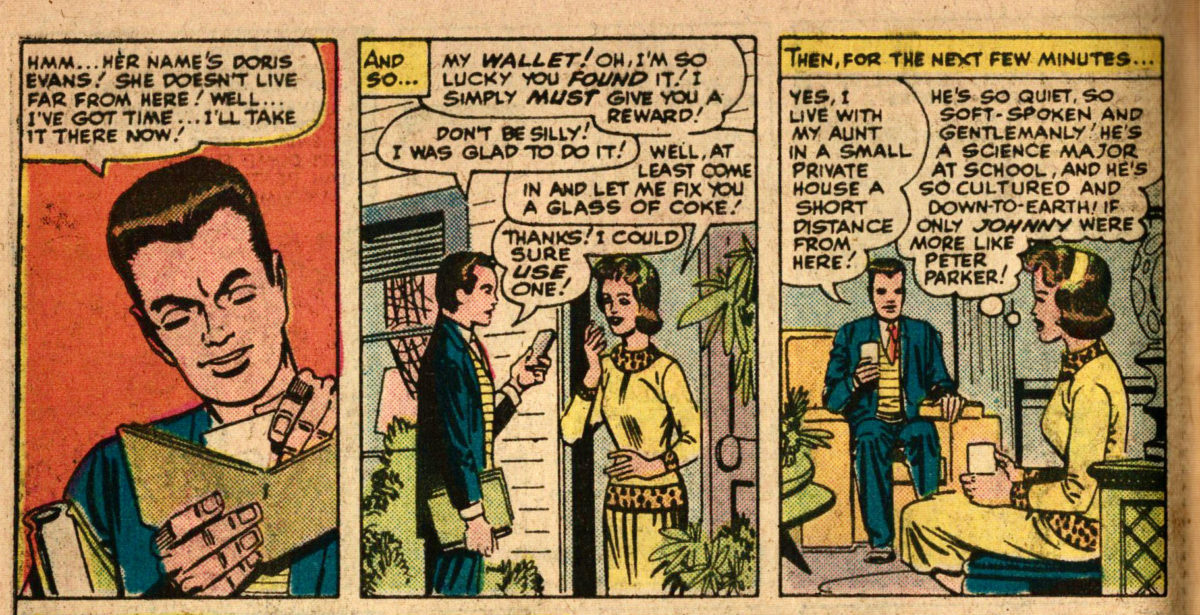Thank you for your patience for these past two months while I dealt with personal difficulties I won’t bore you further with the details of.
I had to recreate some lost files. But the exercise was good, as I now have written some tools to programmatically extract data from my blog which may come in handy in the future.
This was also a good chance to clean up a couple things about the site.
I think I should be able to get back to a pace of at least one comic per week, then hopefully soon get back into my 2-3 per week rhythm. I expect to get two posts concerning Tales of Suspense #66 out this week. Then we’ll cover the stories from issues 67-68 in subsequent weeks.
As before, the focus of this blog is a read-through of the Marvel Universe starting with Fantastic Four #1. We got through about 3.5 years of stories over 400+ posts. The final post before a 2-month hiatus was the tragic Sgt. Fury #18.
I do occasional side posts, and now have an irregular side series I call “Reading great comics”. The idea is to pick up one of my favorite single issues ever and read through it in a format similar to what I do with the old Marvel stories.
I’m looking for stories that comprise a single issue, stand well enough alone, are great comics, are among my favorite comics, and aren’t comics I expect to get to in my ordinary Marvel reading. So either no Marvel superhero books or only Marvel superhero books decades ahead of my current reading.
I took two side posts I’d made before and retroactively considered them as part of this series, concerning Sandman and Astro City. During my hiatus, I did get out the official third entry in this series: Swamp Thing. There was also an unofficial third entry posted one April Fools Day you can try to dig up. Last week, we covered Usagi Yojimbo.
We got a Zot! entry out this morning.
The truth is, after that entry I’m straining to find comics that meet all my above criteria, despite the tens of thousands I’ve read. Not without repeating the series or creators already spotlighted. I’ve got my #6 entry planned, but it’s going to be part 1 or a 3 part story, so it’s already breaking my rules. But I think it can be appreciated well enough in isolation. You can tell me if I’m wrong.
And for my 7th entry, I’m thinking of just picking one issue out of a 6-part miniseries, which would throw that “standalone” rule right out the window. We’ll see what I decide.
While here, I’ll also note that my two most popular posts last year concerned Wandavision and Falcon & Winter Soldier. They made my blog numbers soar. People seem way more interested in current television shows than a 1963 Human Torch story for some reason. But they were also so much work. I reread like a hundred comics for each one. I just spent days on them. I think I had to take a day off work for each to finish up.
So I wasn’t able to do follow-ups for Loki or Hawkeye. I considered doing something similar with Eternals, but then didn’t. I’d like to make movie/series tie-in posts in the future, but I have to figure out a format that balances my time with the amount of thoroughness I would want to put in. I’m reflecting.






























